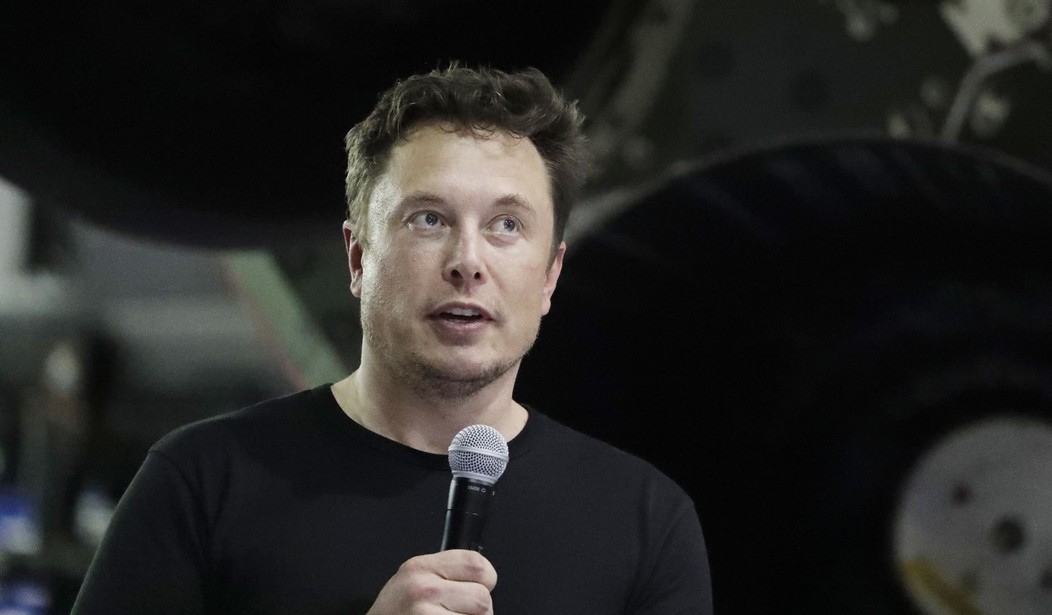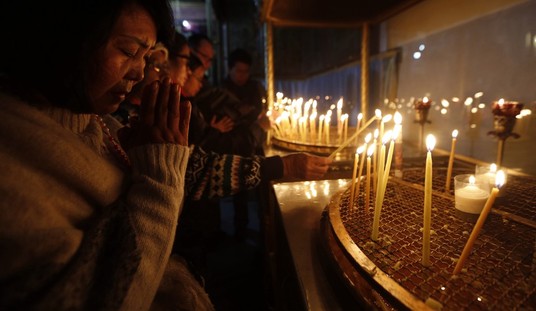If all goes well, on Wednesday evening, a SpaceX Falcon 9 booster rocket will launch a Dragon capsule dubbed “Resilience” into orbit. This is noteworthy but hardly unusual in itself. SpaceX has successfully launched several dragon capsules and dragon cargo payloads to the International Space Station.
But what will make this mission historic is that the crew for the mission will not be professional astronauts. Billionaire tech entrepreneur Jared Isaacman has purchased four seats for an undisclosed amount of cash in order to raise $200 million for St. Jude’s Children’s Hospital.
And the Dragon capsule is fully automated so there will be no professionals on board. The crew will spend three days circling the earth, reaching an altitude of up to 300 miles — far higher than ISS astronauts usually travel.
Isaacson donated the other three other seats for the flight. They’ll be filled by geoscientist Sian Proctor as pilot; St. Jude physician’s assistant Hayley Arceneaux as medical officer; and data engineer Chris Sembroski as mission specialist.
The Dragon capsule is an extraordinary piece of technology — the most advanced, sophisticated flying machine ever built. Once in orbit, the spacecraft puts Isaac Newton in the driver’s seat. Its own momentum will keep it in orbit for at least three days. Even if there were professional astronauts aboard, they would have little to do.
But what if something goes wrong? Then what? The Dragon capsule and Falcon 9 rocket are still experimental technology. Just because they’ve had a nice string of successes doesn’t make them foolproof — something NASA discovered much to their regret when they tried to put a teacher in space on the Challenger in 1987. The resulting disaster set back the space program for years.
The hard facts are if something goes wrong in space, or on the way to space or the way back, there’s very little to be done. The Apollo 13 astronauts were incredibly lucky to escape death when their service module suffered a catastrophic failure more than halfway to the Moon. Only the courage of the crew and the ingenuity of the engineers on the ground prevented the loss of life.
So the question of how the world should react to a tragedy in space involving private citizen volunteers and a private company is more than a passing concern. It will define space travel for the next few decades. If companies have to halt operations for three years while NASA figures out what went wrong, the private space tourism industry will die aborning.
Inspiration4 and the missions that follow it present risks that companies like SpaceX have to convince ordinary people to take if they want to eventually build a city on Mars.
“I’ll be very blunt. People are going to die. And if you don’t think that can happen, then you don’t understand the nature of the business,” Wayne Hale, an engineer who used to work for NASA, told Axios.
That’s the unfortunate reality. And given the circumstances, it will be easy to assign blame and scuttle the entire industry in its infancy.
The intrigue: Private individuals can’t count on government regulations to keep them safe when they fly to space with private companies, at least not yet.
These missions aren’t regulated for the safety of the passengers or the crew onboard by the Federal Aviation Administration.
Congress placed a moratorium on new crew safety regulations in 2004 in order to allow the private spaceflight industry to get off the ground and shore up a customer base.
That means the FAA is allowed to regulate a private, crewed launch for the safety of people on the ground but not the “spaceflight participants” flying to orbit or suborbital flights in the case of Blue Origin and Virgin Galactic.
It should be noted that companies are betting their existence on keeping passengers safe, so the notion that regulations could make them safer is absurd. That said, some sort of minimum standards are likely to be established by the industry itself before too long — mostly as a matter of self-preservation.
People are going to die and spacecraft will fail. It will be a tragedy. But it would be a bigger tragedy if the government regulators and politicians try to use a tragedy for its own purposes and not see it as a stepping stone to the future.










Join the conversation as a VIP Member